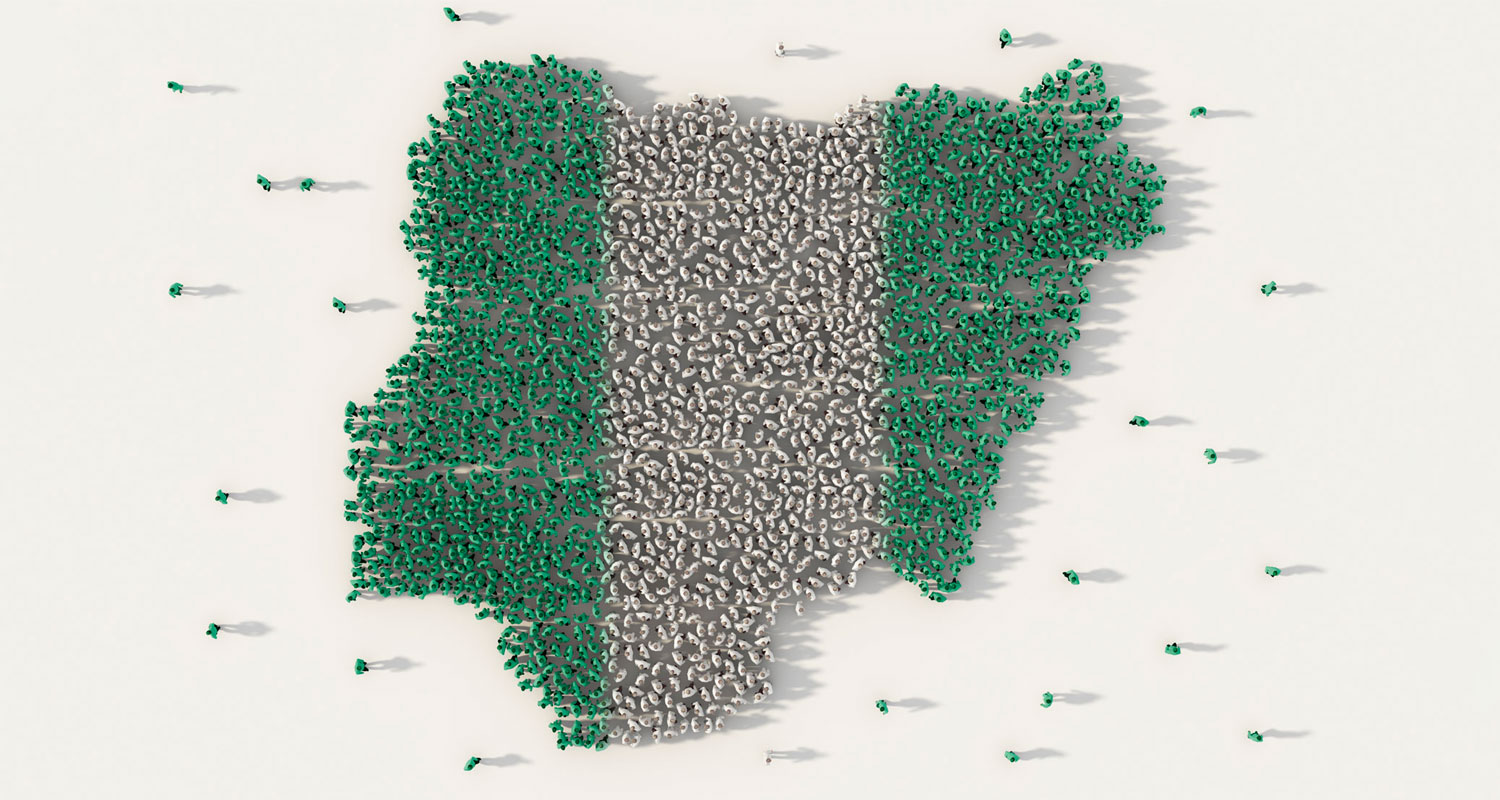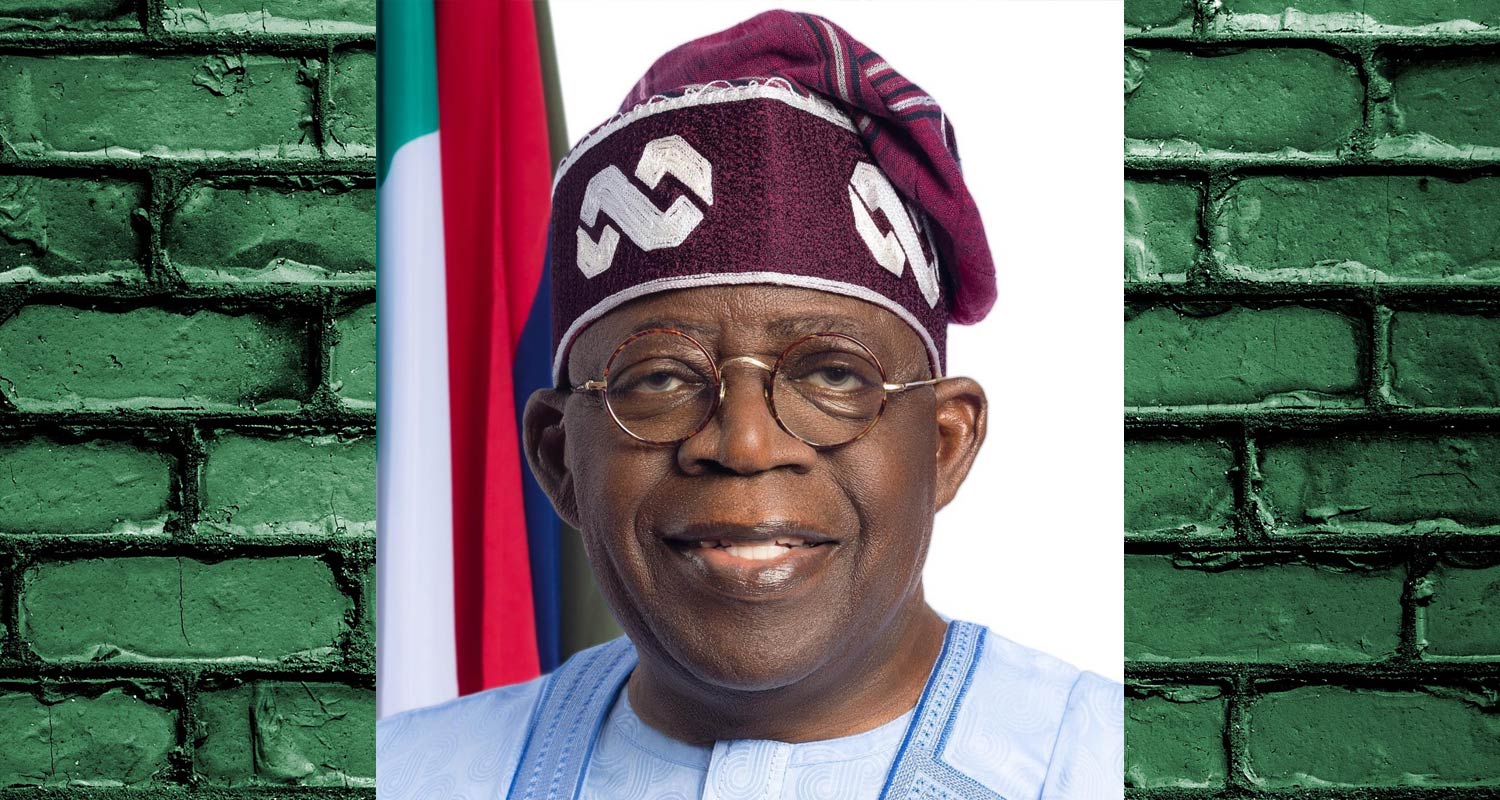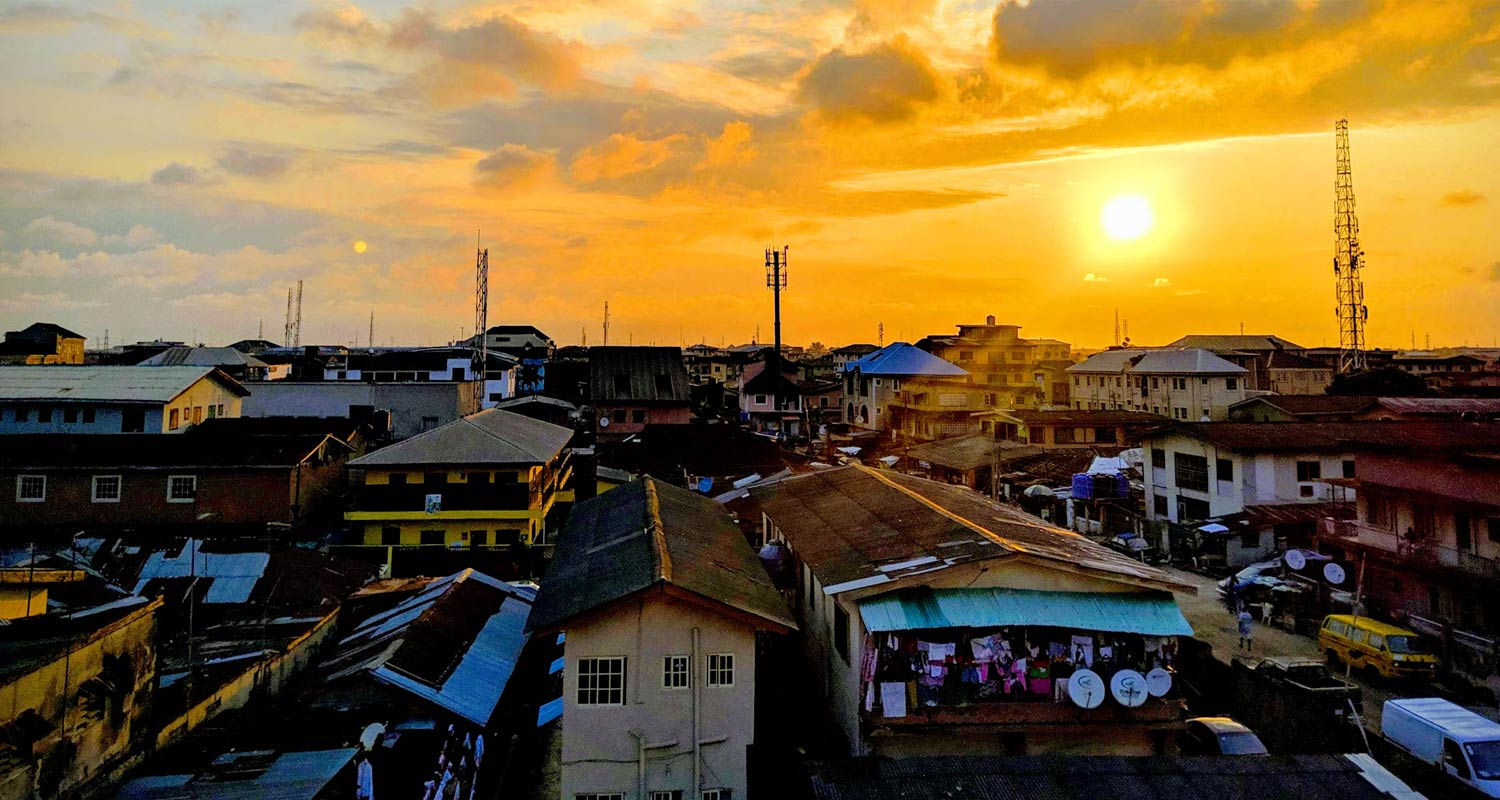 As Nigeria’s vice president cut the ribbon on Procter & Gamble’s diaper production line in 2017, the US$300-million facility near Lagos was hailed as a symbol of the country’s economic ambitions. In December, P&G said it was leaving the West African state.
As Nigeria’s vice president cut the ribbon on Procter & Gamble’s diaper production line in 2017, the US$300-million facility near Lagos was hailed as a symbol of the country’s economic ambitions. In December, P&G said it was leaving the West African state.
The US consumer goods giant is not alone. In recent months at least three other global conglomerates have announced they are exiting Africa’s most populous nation, and second biggest economy. Among them GSK, Bayer and Sanofi. Last year, Unilever cut some of the products it was manufacturing in the country. Nestle has posted losses from its operations.
At the heart of the exodus is a scarcity of the dollars international businesses need to repatriate earnings. The central bank has devalued the naira twice in the past eight months and is still struggling to clear a backlog of demand for greenbacks companies require to pay debts and import raw materials. A near complete absence of a reliable electricity supply and congestion at Nigeria’s ports are compounding the malaise.
“It’s news because it’s P&G. It’s news because it’s GSK. It’s news because they have been in the country for a long time — but there are others that have died quietly,” Segun Ajayi-Kadir, director-general of The Manufacturers Association of Nigeria advocacy group said on local television after the P&G announcement. “If the current situation doesn’t improve, certainly we’ll have more closures.”
Some of the world’s largest oil reserves, ample fertile land and a rapidly growing population should have created a lucrative market for consumer goods producers following the restoration of democracy in 1999. Instead, policy missteps, corruption and an over-reliance on oil fuelled dysfunction in the economy. The middle class didn’t expand as much as expected.
The implications for Nigeria are bleak. Its oil-dependent, US$394-billion economy is already hobbled by high levels of imports. The corporate exits — $187-million in investment left the country in 2022 compared with an inflow of almost $9-billion in 2011 — will only exacerbate pressure on the naira, which has depreciated 86% over the last eight years, and deal a further blow to longstanding diversification efforts.
Unpopular policies
President Bola Tinubu has already introduced unpopular policies deemed necessary to revive the economy since taking office in May. He must now convince business that he can staunch the leak of big-name multinationals from the country.
Taxes and duties are being simplified and a committee has been set up within the office of the vice president to cut red tape, and there’s a plan to improve infrastructure, according to Temitope Ajayi, a spokesman for the president. Tinubu has also vowed to end jihadist violence and criminality that has made shipping goods in much of the north virtually impossible for many major companies.
“They can make a marked difference,” said Pieter Scribante, a South Africa-based senior political economist at Oxford Economics, of the government. “But it will take time — not a couple of years.”
Read: MultiChoice settles Nigeria tax dispute
Many companies can’t wait. On 7 February, PZ Cussons, a UK-based maker of soap and other personal care products that counts Nigeria as its biggest market, slashed its profit expectations for the whole group. Cadbury Nigeria has had to convert loans from its UK parent into equity because it couldn’t find the foreign currency to repay them.
Nestle and Unilever are still operating on the sprawling industrial estate where the P&G production line was shut down. But outside the walled complex, 65-year-old Raphael Babalola said he isn’t as busy loading boxes onto his truck for distribution as he once was. Some days he even drives off empty. “Companies just aren’t producing like they used to,” he said.

Adigun Daniel, 63, another driver, said he’s idle most of the time when only a few years ago he would transport goods to the east and north of Nigeria, a country almost three times the size of Germany, at least twice week. Other drivers have given up altogether and sold their trucks, he added.
Nigeria suffered two recessions in eight years after a drop in prices of crude drained foreign-exchange coffers and Covid struck. Of the 230 million strong population, 130 million are now multidimensionally poor, and with inflation at a 27-year high, fewer and fewer Nigerians can afford anything but the basics.
“Twenty years ago, 15 years ago it wasn’t a mirage, it was a real business opportunity,” said Adedayo Ademuwagun, a Lagos-based analyst at political risk firm Songhai Advisory of Nigeria. “But given the complications it’s starting to look a lot less attractive.”
Other companies that have tried and failed to crack the Nigerian market include South Africa’s Shoprite Group, Africa’s biggest grocer, which left in 2021 — 16 years after opening its first store in a country it then envisaged as the linchpin of its planned expansion across Africa, which has largely been a disaster. Clothing and food retailer Woolworths Holdings, fashion chain Truworths International and cereal and food producer Tiger Brands have also packed up.
For manufacturers, there’s an added difficulty: competition from lower-cost rivals like Turkish diaper-maker Hayat Kimya, and a unit of Singapore’s Tolaram Group that makes Indomie Noodles, a national dish of sorts in Nigeria. While these companies are also struggling, they are too invested to leave, said Girish Sharma, CEO of the Colgate Tolaram joint venture in Nigeria. “Things are tough right now,” he said, adding “exiting is not an option”.
‘Very difficult’
P&G declined to comment on the closure of its plant. When the news was announced in December, its chief financial officer, Andre Schulten, said: “It’s very difficult for us as a US dollar-denominated company to create value,” and “it’s also difficult to operate, because of the macroeconomic environment”.
The government says Nigerian firms can step in and fill the gap left by the corporate exits. But they are bleeding, too, with many of them among the 767 companies that shut down in the first quarter of last year alone. The disused P&G factory did, however, present an opportunity for Fouani, a local manufacturer, which now makes sanitary pads and diapers in the same complex.
Read: Total electricity blackout in Nigeria as grid collapses
Nigerian firms should be the priority, Ajayi-Kadir said of the Nigerian manufacturers group, adding that he’d like to see less taxes and more lines of credit. “FDI is excellent, but it should come secondary to empowering the local manufacturers,” he said. “That is when you have certainty that come rain, come shine, they will be with you.”

While Tinubu has taken measures that economists and investors in Nigeria’s capital markets say are long overdue those steps are causing misery for ordinary people and sapping the popularity of his government.
Some, like Tolaram’s Sharma, have faith in Tinubu even if the benefits of what he is doing are yet to be seen. “He’s got a tough job,’’ Sharma said. “He will do things to fix the economy. As we speak lots of things are happening.’’ — Emele Onu and Antony Sguazzin, with Ashleigh Furlong, Ruth Olurounbi, Anthony Osae-Brown, Yvonne Mhango, Janice Kew, Leslie Patton, Monique Vanek, Nduka Orjinmo, Tim Loh and Dasha Afanasieva, (c) 2024 Bloomberg LP

